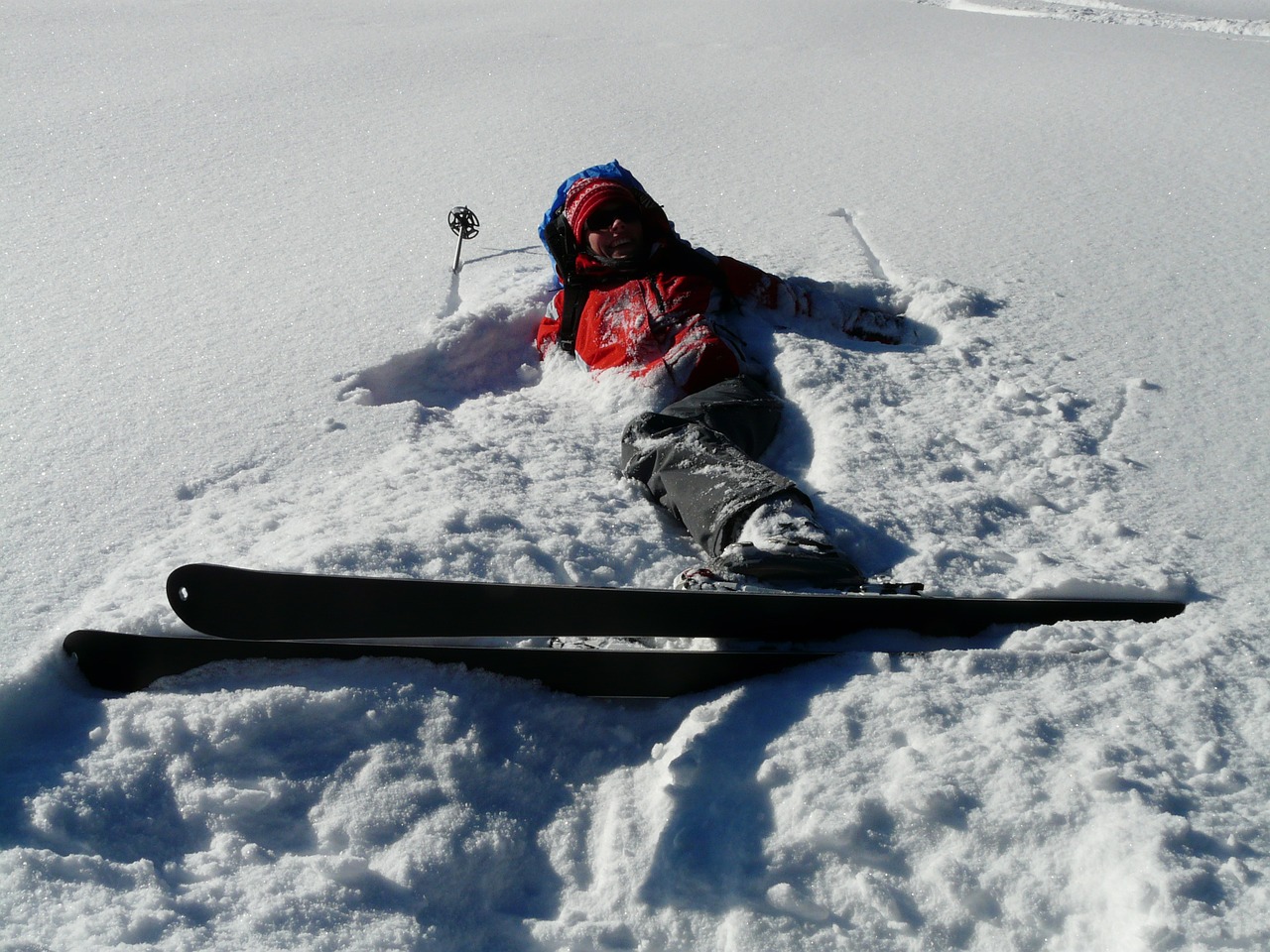
Many skiers, myself included, continuously overlook the benefits of post-workout recovery. Most of the time, the last thing on my mind after pushing myself all day long is making sure I stretch out my hamstrings or allow my body time to rest. I am constantly reminding myself that a recovery period is just as important as the actual workout.
When you work out, your body is in a state of over-exertion. Your muscles are expanding and contracting as fast as possible to give your body the best workout. However, your body won’t benefit from this hard work unless you give it time to recover. Not giving your body the necessary amount of time to recover could lead to muscle fatigue, injury, and mental burnout. Without recovery, your ski days will be a lot harder on your body, and you may be doing more harm than good to your muscles.
To get the most out of your workout, keep reading to get five tips and tricks on the best way to recover after a long day of skiing.
Take an Epsom Salt Bath
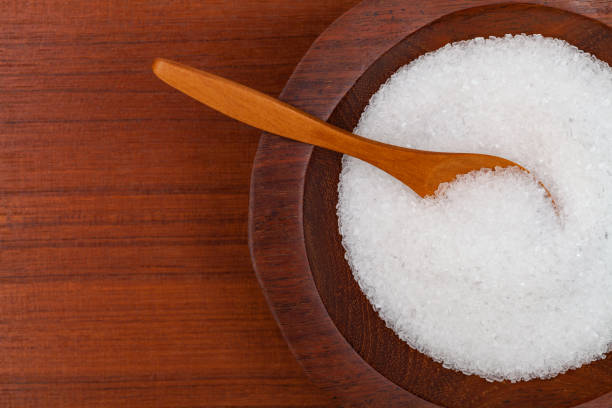
A perfect way to alleviate muscle pain from overexertion is to relax in an Epsom salt bath. When dissolved in water, Epsom salt removes toxins from the body through a process called osmosis. This super cool process allows the salt particles to dissolve into the water and detoxify your muscles. Epsom salts also help heal minor injuries that skiers may get out on the mountain. If you come home with a strained muscle, an Epsom salt bath should be your go-to cure.
Epsom salts are sold at most grocery stores in the United States. However, if you cannot get your hands on a bag, sitting in a hot tub or jacuzzi for an hour will feel really good on strained or pulled muscles.
Use Foam Rollers and Soft Tissue Massage Tools
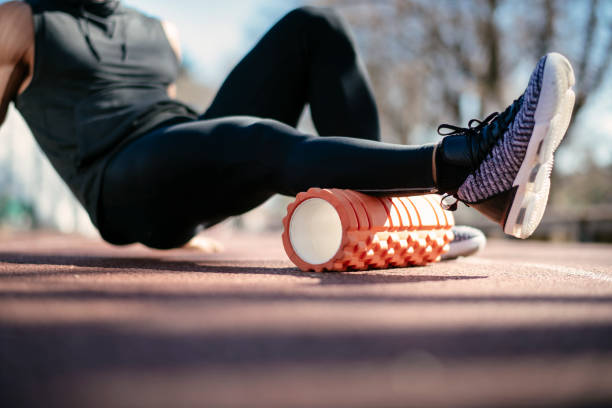
Foam rollers and soft tissue massage tools are very easy pieces of equipment to get your hands on. Most grocery stores or sporting goods stores will sell foam rollers, so they’re very easy to find. They’re also a really easy way to alleviate tension in overworked muscles. Because of their convenient size and functionality, many skiers see the foam roller as a go-to recovery tool.
Foam rollers literally roll out the tension a skier can feel in sore muscles. They repair those points of soreness by increasing circulation in the area and improving the mobility of the muscle. The US Women’s Alpine Team relies on foam rollers and soft tissue massage tools after every workout, race, or day on the slopes to relieve muscle tension. In an interview with Ski Magazine, Torey Anderson, the team’s physical therapist, said that she recommends that all skiers use a foam roller to target pain in the quads, outer hip area, and upper back muscles.
Eat the Right Food

Believe it or not, one of the most effective ways to recover after a long day of skiing is to fill your body with good food. Although wings and pizza at après may sound like a good idea, this is not going to replenish your body with the nutrients it is currently craving. Filling your body with anti-inflammatory foods combats general fatigue and reduces muscle and joint pain. Your body needs this after skiing all day to be able to make it back out on the mountain the next day.
It is very easy to work any of these foods into a good snack after a long day out on the mountain, and your body will thank you greatly for refilling it. Some examples of anti-inflammatory foods include berries, nuts, olive oil, peppers, turmeric, ginger, or hemp protein. A healthy green smoothie or handful of trail mix will help a skier’s recovery process.
Ice Your Muscles
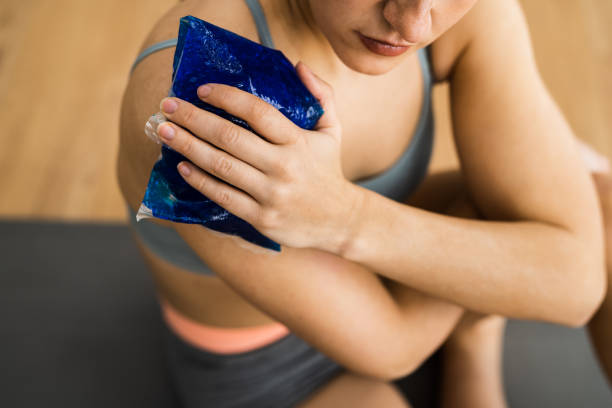
Although everyone wants to hang out in the hot tub after a hard day on the slopes, your inflamed muscles are craving freezing cold ice. Holding ice on the pain point for twenty minutes at a time can make a world of difference for you in the morning. If you’d rather not hold ice on your body, a five-minute ice bath will also work wonders. The cold temperature of the ice helps the overworked muscle reset itself, which reduces inflammation very quickly.
If you do not have access to ice, a cold shower will also help a lot in the recovery process.
Stretch Before and After You Ski
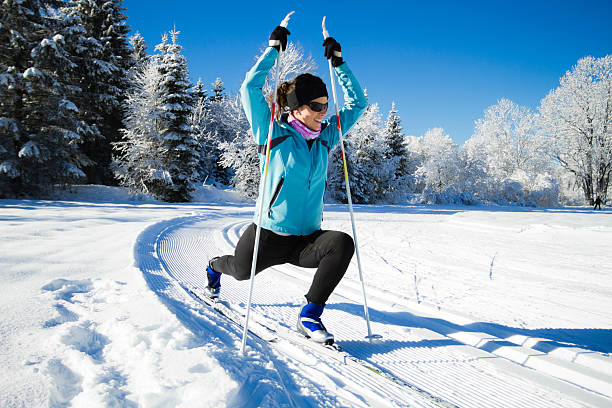
Last but not least, the easiest way to help your muscles recover from a hard workout is to stretch before and after your day on the mountain. The benefits your body gets from stretching are unmatched. Stretching for just ten minutes a day will produce major results. You’ll see that you are more flexible, agile, and strong because of stretching.
Stretching reduces soreness, prevents injuries, and increases blood flow circulation throughout the body. It’s good for your heart, mind, and soul. Every skier should be stretching in the recovery process to be able to ski hard for more than one day at a time.
Recovery is vital to give your body the rest it craves after a workout. There are many other remedies to help your body in the recovery stages of a workout. However, if you use these five tips, you’ll notice a huge improvement in your body’s ability to recover quickly. At the end of the day, all skiers want is to be able to hit the slopes hard again the next day.
Do you already use any of these recovery tips? Let us know down in the comments.